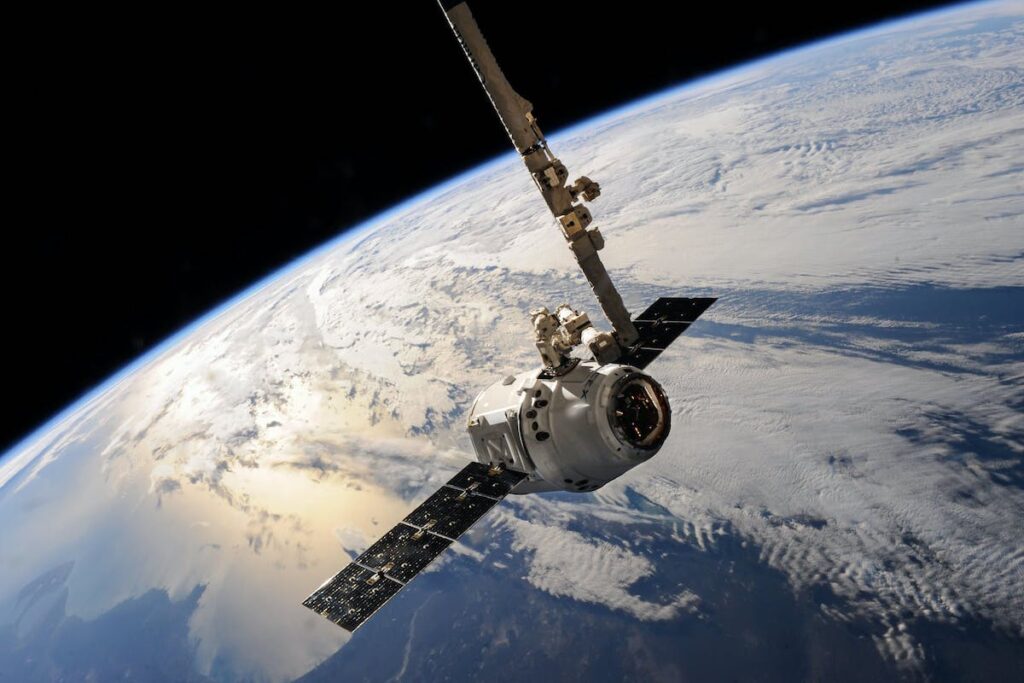With a growing number of nations investing in space technology and research, Africa is charting an exciting trajectory towards unlocking the boundless opportunities that lie beyond our atmosphere.
Read More: The Role of Corporate Partnerships in Supporting Technology Hubs in Africa
Several African nations have launched their own satellites, marking significant milestones in the continent’s space exploration journey. Nigeria’s National Space Research and Development Agency (NASRDA) successfully deployed a series of satellites, including the NigeriaSat-2 and NigeriaSat-X, fostering advancements in agriculture, disaster management, and communications. Similarly, South Africa’s South African National Space Agency (SANSA) launched the continent’s first privately-owned satellite, ZACube-1, with a focus on Earth observation.
Africa’s space ambitions extend beyond satellite deployments. The African Union (AU) established the African Space Policy and Strategy, promoting collaboration among member states and encouraging investments in space science and technology. This cooperative approach is fueling the emergence of regional space agencies and research facilities across the continent.
Furthermore, African nations are actively participating in international space initiatives. The African Union has partnered with the European Union to support the Galileo Satellite Navigation System, enhancing Africa’s connectivity and positioning capabilities. The African Union is also a member of the International Astronautical Federation (IAF), fostering knowledge exchange and cooperation in space research.
Read More: Promoting Gender Equality in African Technology Hubs
Space exploration offers Africa immense possibilities for economic growth and sustainable development. It has the potential to revolutionize multiple sectors, including agriculture, climate monitoring, telecommunications, and resource management. By leveraging satellite technology, African nations can enhance their capacity for precision farming, early warning systems for natural disasters, and bridging the digital divide.
While challenges such as limited funding and technological expertise persist, Africa’s space exploration efforts signify a collective determination to carve out a niche in this frontier. By nurturing local talent, forging international partnerships, and focusing on research and development, African nations are harnessing the power of space to address pressing challenges and drive socio-economic progress.
As Africa continues to forge ahead on its space exploration journey, it is vital to ensure inclusivity and equitable access to the benefits of space technology. By empowering marginalized communities and fostering collaboration across borders, Africa can leverage its diverse strengths to achieve new heights in space exploration while ensuring that the benefits are shared by all.
Read More: Artificial Intelligence Set to Redefine Education in Africa
In conclusion, Africa’s space exploration efforts are propelling the continent into the realm of limitless possibilities. With increasing investments, collaborative initiatives, and a determination to address societal challenges, Africa is charting its path towards unlocking the transformative power of space. As the skies above the continent witness the rise of satellites and scientific endeavors, Africa is poised to make significant contributions to the global space community, bolstering its status as a promising frontier for space exploration and technological innovation.
